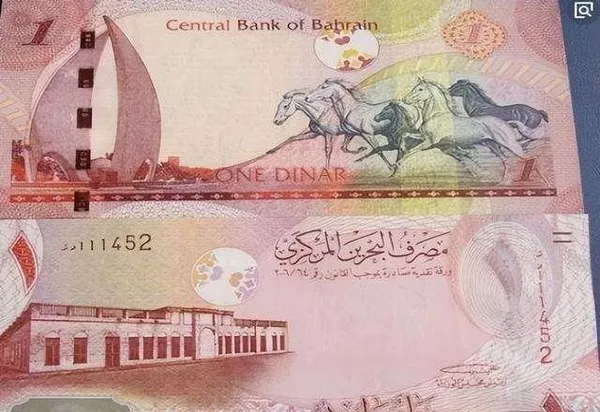The Pound to Euro (GBP/EUR) exchange rate showed limited movement on Tuesday, reflecting mixed results in the UK’s latest jobs report. As of the latest update, GBP/EUR was trading at approximately €1.1611.
The Pound (GBP) faced challenges in garnering support on Tuesday following the release of the UK’s jobs report by the Office for National Statistics (ONS). While unemployment remained stable at 4.2% in November, defying forecasts of a rise to 4.3%, the accompanying wage growth figures revealed a significant slowdown. Average earnings excluding bonuses dropped from a downwardly revised 7.2% to 6.6%, marking the slowest pace of wage growth since January 2023.
The apparent deceleration in the labor market, particularly the notable cooling of wage growth, weighed on Sterling sentiment. Speculation arose that this trend might prompt the Bank of England (BoE) to consider interest rate cuts in the near future.
Yael Selfin, chief economist at KPMG UK, remarked on the situation, stating, “The marked slowdown in pay growth will ease the Bank of England’s concerns of a potential wage-price spiral, which could lead to faster falls in inflation. Vacancies are also expected to fall further, which could see pay growth normalizing towards levels consistent with the inflation target by the end of the year. This will likely bolster the case for interest rate cuts later this year.”
In contrast, the Euro (EUR) strengthened on Tuesday morning, buoyed by a surprising improvement in German economic sentiment according to the latest ZEW survey. The German economic sentiment index rose from 12.8 to 15.2, surpassing expectations and reaching its highest levels since February. This positive turn comes amid growing expectations of potential interest rate cuts by the European Central Bank (ECB) and the Federal Reserve, relieving pressure on Germany’s economy.
However, the upbeat sentiment was tempered by Germany’s recent GDP figures, indicating a contraction in the Eurozone’s largest economy in 2023. Coupled with a rise in the US Dollar (USD), this limited the Euro’s upside potential on Tuesday.
Looking ahead, the GBP/EUR exchange rate may face resistance with the upcoming release of the UK’s consumer price index (CPI) on Wednesday. Expectations suggest a cooling in both headline and core inflation for December, potentially increasing pressure on the BoE to consider interest rate cuts. Meanwhile, speeches by ECB policymakers, including ECB President Christine Lagarde, will be closely monitored in the latter part of the week, with any indication against rate cut speculation likely to strengthen the Euro.


